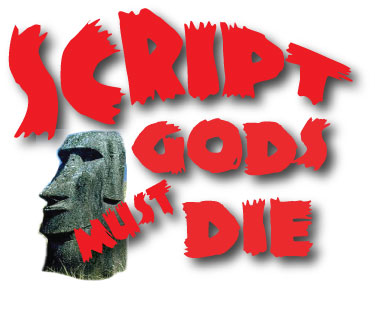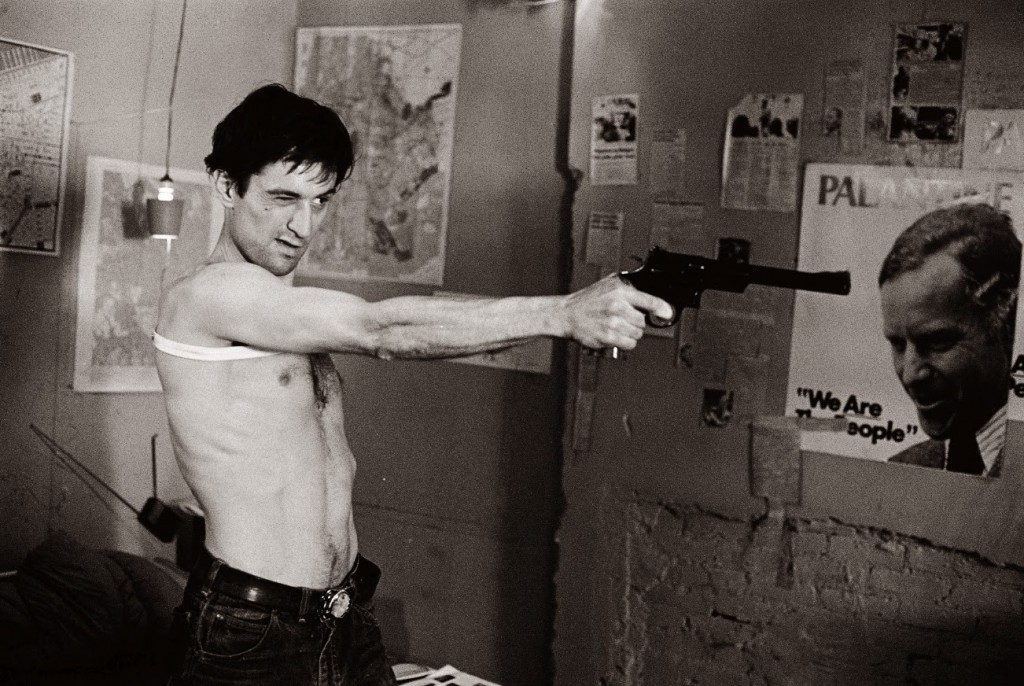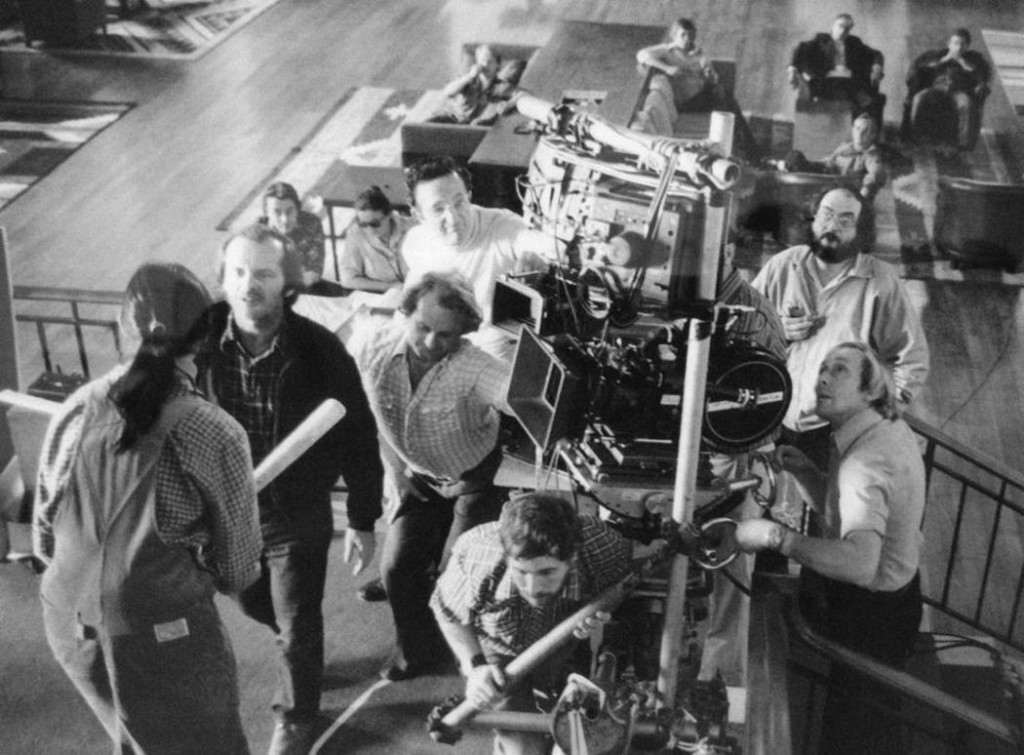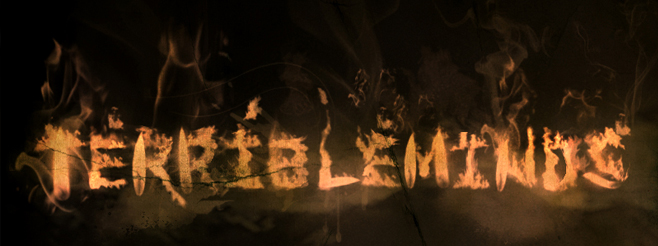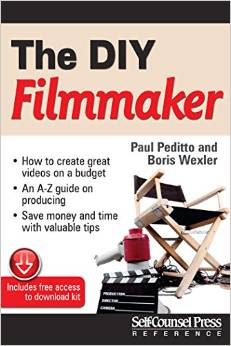 Hello again, Good Reader. I have braved the four corners of the screenwriting hinterlands to bring you back these rare nuggets of wisdom.
Hello again, Good Reader. I have braved the four corners of the screenwriting hinterlands to bring you back these rare nuggets of wisdom.
Translation: Too much homework this week. So we’ll hit the Links again.
There’s some good stuff here. I hope you can use some of it in your own quest to get that script written, bought, made, and sold. Here we go…
- 12 UNSEEN PHOTOS FROM TAXI DRIVER
Check out this collection gathered at shootingfilm.net, behind the scenes looks at the making of Taxi Driver. Amazing stuff. What does it say that Taxi Driver is my #1 movie of all time. Anger issues, Peditto– get it under control!
- THE TREATMENT FOR THE SHINING
It’s hard to find screenplay treatments from excellent movies. Many thanks to cinephilebeyond.org for finding the 81 page Treatment for The Shining. Kubrick’s was notorious for script changes as can see in the treatment pages. Always fascinating to see Kubrick in action, this post also contains the Behind-The-Scenes footage taken from the footage his daughter shot during the making of the movie (the full featurette on the DVD) and a Kubrick interview as well. From the interview:
“Who is Diane Johnson, who wrote the screenplay with you?
She’s a very good novelist, she’s published about five or six books. I was interested in one of the books and started to talk to her about it and then I learned that she also was teaching a course on the Gothic novel at Berkeley University in California. It just seemed that it would be interesting to work on the screenplay with her, which it was. This was her first screenplay.
There are quite a few changes in the film with respect to the novel. Several characters have been, in a good way, simplified, the supernatural and pseudo-psychological sides have been almost eliminated and even the basic horror element is reduced. All this is to me a great improvement to the novel. Were you trying to escape from the more conventional norms of the genre in order to build something different, although, of course, the film can still be seen by many as a pure horror movie?
You say that a lot of the horror was cut out of the book and I don’t agree on that. As a matter of fact, other than the scene where the child sees the blood splashed all over the walls and when he hears the little noise in the big drainpipe when he’s playing in the snow, I think there’s more horror in the film than there is in the book. People have said that. In the book, for instance, nobody gets killed.”
- CANNES TRAILERS
Many thanks to Indiewire for assembling these trailers from the 2015 Cannes Film Festival. If you look here, you can see a breakdown of the distribution deals done at Cannes this year. Like at Sundance, the impressive feat of getting your movie into Cannes doesn’t guarantee distribution–who knows how many of these will be coming to a multiplex or art house in your town. It’s good to have these trailers assembled as a guide.
- HOLLYWOOD RETREADS PLAYED OUT AT THE BOX OFFICE?
It’s a joy to write that headline, but it’s not mine. Deadline.com’s article talks about a trend you might have missed. From the article:
“CLSA analyst Vasily Karasyov offers a bracing, albeit familiar, warning for Hollywood this morning. Box office sales for films based on sequels, spinoffs and other forms of pre-existing intellectual properties such as comic books have “played out,” he says in a new report. And that “presents growing risk to film industry profitability.”
The nature of any IP re-exploitation cycle (be it DVD, CDs, iTunes or superheroes) is such that despite how long it lasts, it ultimately fades,” Karasyov says.
The problem? Hollywood is now “at the tail end of the process.” The studios have milked their most appealing titles. Their remakes are losing their punch, while companies find themselves now turning to second-tier franchises.”
- HOLLYWOOD SCREENWRITER EARNINGS: 2015
Speaking of trends, here are the latest earnings figures of WGA writers via Variety.com’s post. Most interesting indeed(though not surprising) to find that screenwriters lost ground from 2014(down 5.4%) while TV writer numbers were up (2.3%). From the article:
“Total covered earnings for WGA West members topped $1 billion for the third consecutive year, edging down 0.2% to $1.053 billion, the guild disclosed in its annual report to members via its membership and finance committee chaired by Carl Gottlieb.
But the stats in the report — which began hitting member mailboxes in recent days — underscore the uncertain state of show business economics.
Total employment slid slightly by 0.9% to 4,745, a decline of 43 slots from the 2013 number. The WGA said that late reports in coming months will likely result in a slight increase in employment levels and earnings.
A total of 3,888 writers reported TV earnings, a gain of 39 slots. Feature film employment fell 5.6% to 1,556 writers, or 96 fewer than in 2013 — the fifth straight year of decline in that category as the six major studios focused more of their resources on tentpoles while making fewer mid-budget features.”
- I SMELL YOUR ROOKIE MOVES
Thanks to Chuck Wendig and Terrible Minds for this funny-as-shit article about break in writers and break in scripts. It’s for book writers but I love the tone of it, which is anything but holier-than-thou, and can be applied to screenplays. It puts the creative process and choices of new writers into a harsh and funny light. Please check it out, rookies! Here’s a piece of it:
“Let the yelling commence.
Telegraphing Every Goddamn Thing
It is compelling, I know, to figure out every single thing that is happening all the time always in your story. Characters smile and laugh. Okay. They fidget. Fine. They drink a cup of tea with their pinky out. Sure, why not? But if you’re writing out every hiccup, burp, fart, wince, flinch, sip, and gobble, you got problems. A character turns on a lamp? Super, you don’t need to describe how they turn it on. I don’t need to see John Q. Dicknoggin unzipping his fly before he pisses, and frankly, I may not need to see that he pisses unless it’s telling us something about his character. See, the problem is, when you telegraph all these movements — when you describe in detail every minute micro-expression and irritable bowel movement, you fill up the page with a laundry list of Incredibly Uninteresting Nonsense. Which leads me to –
Not Everything Is Interesting
At a rough guess, I’d say 90% of All Things Ever are uninteresting. Dull as drawing with white crayons on white paper. Things are boring. Life is boring. Details are mostly boring.
Storytelling, though, is the opposite of that. We tell stories because they are interesting. We offer narrative because narrative is a bone-breaker: it snaps the femur of the status quo. It is in fact the sharp, gunshot-loud fracture-break of the expected story is what perks our attention. Guy goes to work, works, comes home, has dinner, goes to bed? Not interesting. Guy goes to work, has the same troubles with his boss, endures the standard problems of the day (“where are my goddamn staples?”), goes home, eats an unsatisfying dinner, goes to bed and sleeps restlessly until the next day of the same thing? Still not interesting. Guy goes to work and gets fired? Okay, maybe, depending on if he does something unexpected with it. Guy goes to work and gets fired out of a cannon into a warehouse full of ninjas? I’M LISTENING.”
